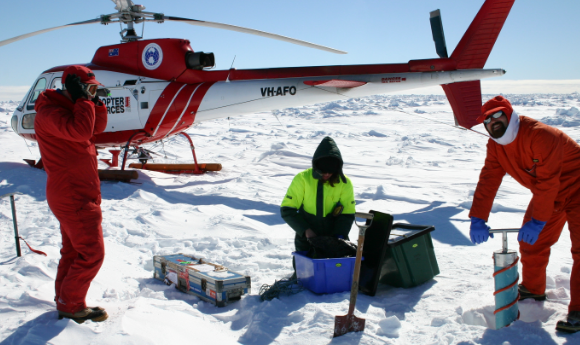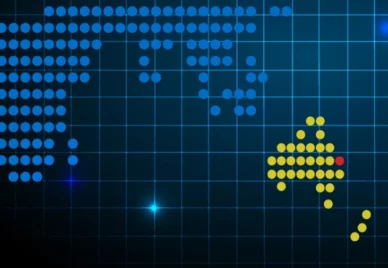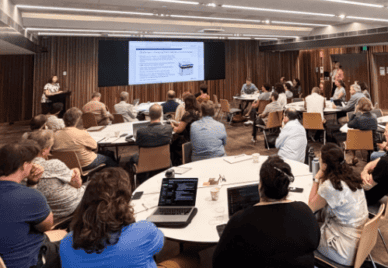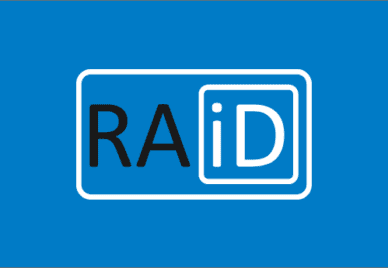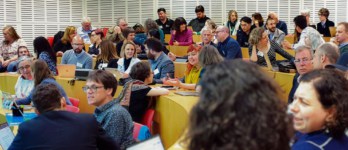
In 2022, as part of the Carpentries Partnership for Australia, the ARDC began refreshing the cohort of certified Carpentries instructors across Australia. There are now 14 research organisations involved in the Partnership, to date, 52 have completed Instructor training, and 22 of these are fully certified to teach Carpentries Workshops.
The Carpentries Instructor Training program is a proven method for teaching digital research skills, and is part of the ARDC’s leadership in promoting a digital research skills uplift for Australian researchers, in collaboration with partner organisations across the country.
The Australian Centre for Excellence in Antarctic Science (ACEAS), recently organised a Software Carpentries workshop for scientists working on ACEAS projects from across Australia.
The ARDC’s Liz Stokes, who runs the Carpentries Partnership, spoke to the ACEAS workshop instructors and helpers to gather their reflections on the experience.
How does The Carpentries community support your research?
The Carpentries project brings together a range of people in roles across research infrastructure who share a mission to teach foundational computational and data science skills to researchers. Being part of the community has many professional benefits, as those involved in the ACEAS workshop can attest.
Dr Damien Irving, Climate Data Scientist, CSIRO, said, “As I’ve transitioned from PhD student to postdoc to research staff, I’ve made sure to continue to prioritise my involvement with The Carpentries. It’s basically the primary way I stay up-to-date with the latest best practice in scientific data science.”
Dr James Foster, CSIRO, said, “The community-generated lessons are a highly valuable resource to draw upon when doing researcher training and networking with other researchers in my organisation.”
Dr Valentina Hurtado-McCormick, UTS, said, “The Carpentries Community supports my research by providing plenty of people and resources to practice. Like me, you may have noticed the overwhelming amount of information about ‘coding and ‘data science’ on the internet. It’s quite difficult to know if the information is good when you are the one interested in learning.
“The Carpentries offers not only top-quality material but a top-quality experience. It is so easy to get involved! And for the same reason, in my opinion, there is so much willingness to improve it, every day. I believe this is their differentiating factor: they will welcome you, regardless of how (or if) you want to contribute.”
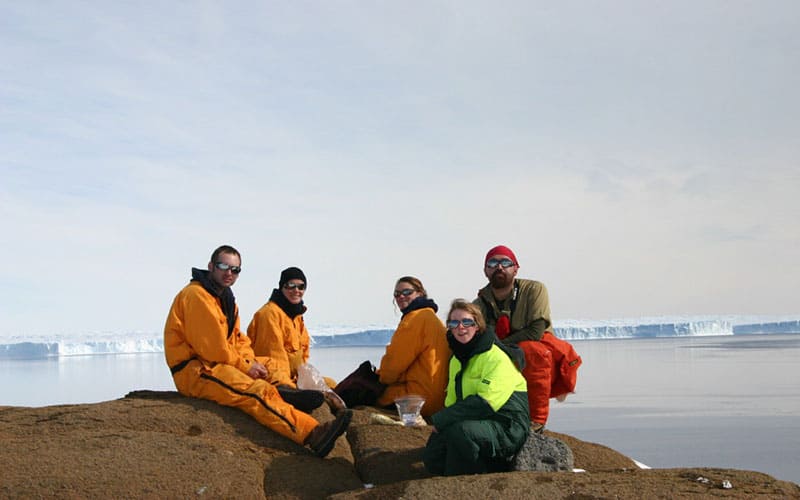
What motivates someone to join The Carpentries community?
As a peer-learning volunteer organisation built for the graduate student community, many members join The Carpentries community because they have attended a workshop or found resources online.
James said, “I first encountered a workshop based on a Carpentries lesson as a PhD student, at a time when I was challenged to deepen my programming and data analysis skills. Many years later, CSIRO offered researchers training to become Carpentries Instructors. I was motivated to be able to teach others those skills that I wished I had as a young research scientist.”
Dr Patricia Agudelo Romero, Telethon Kids Institute, agrees. “I love the idea of sharing knowledge with others.”
Damien, who is a Regional Coordinator for The Carpentries in Australia, recounted his story about joining the Carpentries community.
“I got involved about 10 years ago during my PhD. I was looking for help with learning Python programming and I stumbled upon the Software Carpentry website. I reached out to ask about organising a workshop at the annual conference of the Australian Meteorological and Oceanographic Society (my professional society) and The Carpentries team helped me organise the logistics and find instructors. We’ve run a workshop at that conference almost every year since.”
Valentina said, ”I joined The Carpentries community through a direct invitation from UTS, where I finished my PhD a couple of years ago. I am still affiliated with UTS, which has an institutional membership with The Carpentries. The invitation was tempting and I had the time, but most importantly, I had recently discovered that I wanted to build on essential computing and data skills that are often not part of basic research training in most disciplines but can make a difference in performance.”
What makes a Carpentries Workshop so good?
Throughout Instructor training, trainees are taught “Never teach alone”.
James and Damien co-taught the ACEAS workshop through a series of weekly workshops. Patricia and Valentina volunteered as helpers.
Valentina said, “I joined the workshop to understand how to run one in the future, as I am preparing for my upcoming instructor training. Not only did I get the benefits of how well-structured these workshops are, but also of the availability of the material. Some of the content was new for me as well, and trust me when I tell you – these “episodes”, as The Carpentries community call them, are the best amongst other (not always free) available material.”
Patricia was very recently certified as a Carpentries Instructor. “The group of Carpenters was fantastic, and the instructors Damien and James were wonderful. Valentina as a helper and Dr Patti Virtue (our host and the ACEAS Graduate Training Coordinator) as a chair were stunning. I learned a lot from them to later lead my own training.”
“Instructors always learn at the same time we teach, and this was certainly true this time,” said James.
“This was the first time I taught a virtual workshop across multiple days. I really missed being able to look over a learner’s shoulder and see how they’re going, but getting good questions encouraged me that some were following along. Patti was very encouraging with her words too.”
All those involved in offering a Carpentries workshop fill valuable roles and support each other.
Damien said, “At the end of the workshop I got chatting with Patti about the possibility of students and staff at ACEAS training as Carpentries instructors so they can run workshops like this for their team on a semi-regular basis. This is what I love so much about the Carpentries – the workshops are such a great experience for everyone involved (because everyone is so grateful for assistance with their programming) that they invariably seed enthusiasm and interest in growing our community of volunteer instructors wherever we’ve hosted a workshop.”
What are you looking forward to in 2023?
Patricia is keen to start teaching some lessons related to Bash and R.
James has influencing the behaviour of fellow scientists in mind. “I’m hoping to teach more introductory database skills using SQL and encourage more researchers to advance beyond spreadsheets.”
Damien spoke about using workshops to test new material. “I’m working on a major update to the Software Carpentry ’defensive programming’ lesson. I’ve submitted a pull request to the maintainers of the Python lessons, and the ACEAS workshop was an opportunity to try the new lesson on a real audience. Based on that trial, I’ve been able to make several improvements to the new lesson.”
Valentina reflected carefully on this prompt: “Python had been on my to-do list until the lockdowns – I thought, ‘this is my chance to finally learn it.’ Data analysis skills, especially coding, are capabilities built with a lot of practice. There is no better way to master them than by failing and recovering, over and over again.
“After helping Damien and James with this workshop for ACEAS, I have added another incredibly useful item to my list: Git. I still cannot believe I have survived without it! I think that becoming a Carpentries instructor in the future will provide opportunities for me to keep teaching, which I have done since the very beginning of my research journey; and learning, because you learn way more when you teach!”
The Carpentries Partnership for Australia is open for more research institutions to join and access discounted Carpentries instructor training. To learn more, contact the ARDC.
The ARDC is funded through the National Collaborative Research Infrastructure Strategy (NCRIS) to support national digital research infrastructure for Australian researchers.
Author
Reviewed by
Categories
Research Topic
Related Program
Related Projects
Related News & Events
- Carpentries Partnership for Australia to Uplift Digital Research Skills
- ARDC Skills: Leading the National Digital Research Skills Agenda
- Digital Research Skills Trainers Convene at the 2023 ARDC Skills Summit
- Preparing for Your First Workshop: A Recap of the First AU NZ Carpentries Community Call
- Building Digital and Data Trainers at CSIRO
Related Case Studies


